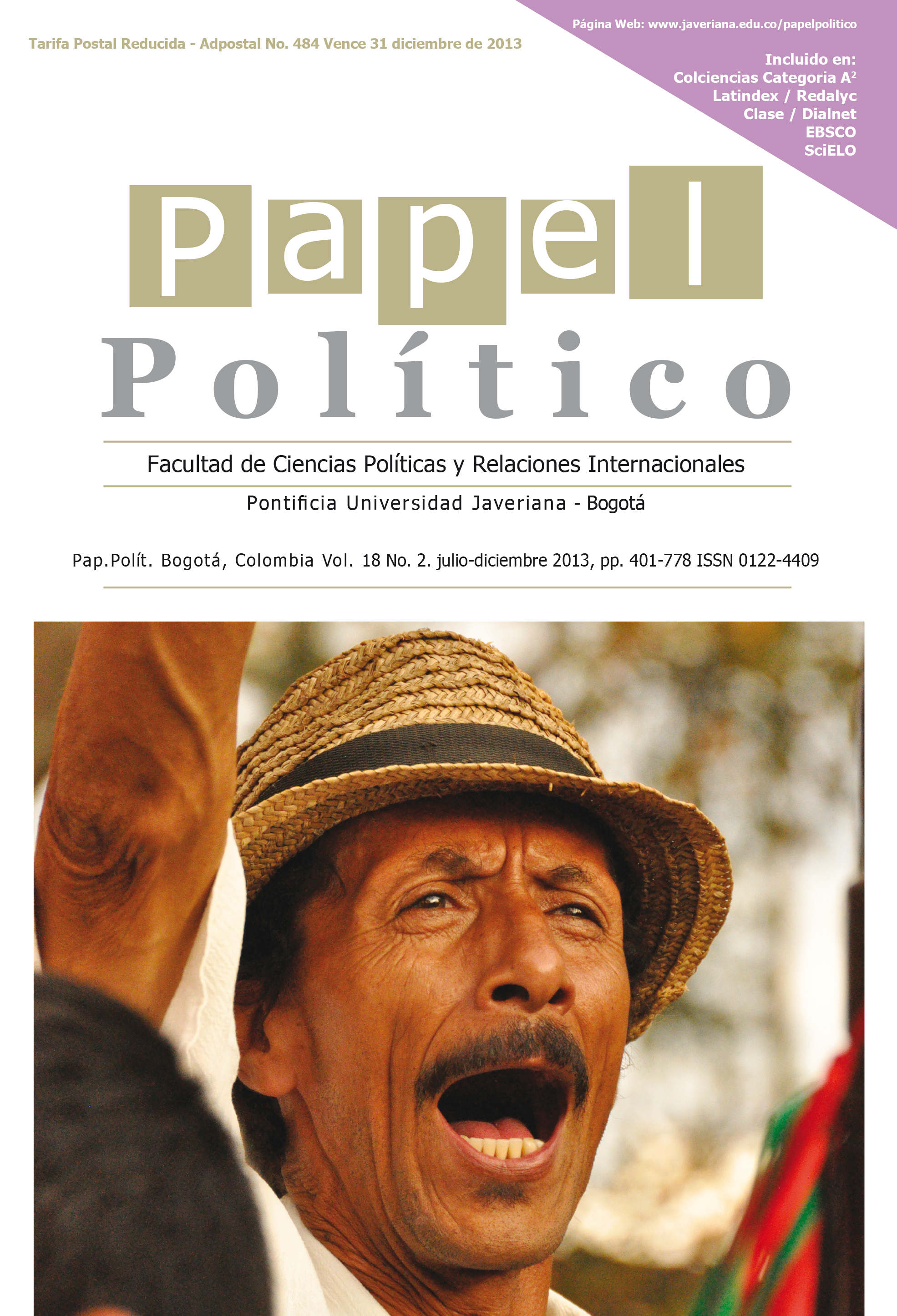Abstract
In this paper, the author studies Chinese interactionswith four countries of the Central American and the Caribbean Zone (CACZ): Costa Rica, Cuba, Guatemala and Nicaragua. Despite the fact of having dissimilar type of governments and different levels of understanding with Beijing,all of them have a growing bilateral trade deficit relation and expect more than Beijing is willing to give.Selected countries may have ideological perceptionson that country, but not common ideologies.According to this hypothesis, what really triggers the bilateral relation is a concurrence of interests. The Chinese government is looking for markets, raw materials and defeating Taiwan in the diplomatic field. The CACZ countries pursue an illusion: as free riders they assume that their problems will be solved by Chinese policies. Free riding, the core concept of this paper, leads them to economic dependence rather than to interdependence.This journal is registered under a Creative Commons Attribution 4.0 International Public License. Thus, this work may be reproduced, distributed, and publicly shared in digital format, as long as the names of the authors and Pontificia Universidad Javeriana are acknowledged. Others are allowed to quote, adapt, transform, auto-archive, republish, and create based on this material, for any purpose (even commercial ones), provided the authorship is duly acknowledged, a link to the original work is provided, and it is specified if changes have been made. Pontificia Universidad Javeriana does not hold the rights of published works and the authors are solely responsible for the contents of their works; they keep the moral, intellectual, privacy, and publicity rights.
Approving the intervention of the work (review, copy-editing, translation, layout) and the following outreach, are granted through an use license and not through an assignment of rights. This means the journal and Pontificia Universidad Javeriana cannot be held responsible for any ethical malpractice by the authors. As a consequence of the protection granted by the use license, the journal is not required to publish recantations or modify information already published, unless the errata stems from the editorial management process. Publishing contents in this journal does not generate royalties for contributors.


